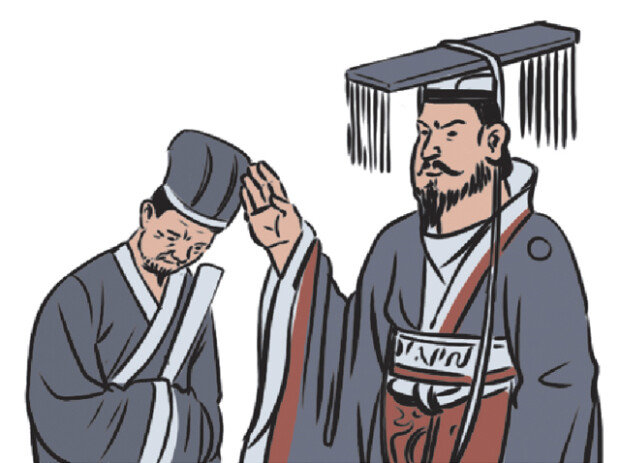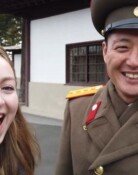Sima Qian’s theory of peace
Sima Qian’s theory of peace
Posted December. 03, 2019 07:14,
Updated December. 03, 2019 07:14

Sima Qian, the writer of the Records of the Grand Historian was critical of the leadership of Han Wu, who wasted national resources by waging too many wars and punished or demoted great vassals for minor mistakes. He probably thought that the wars and the emperor’s leadership style created a vicious cycle, where Wu became more ruthless and his people suffered more as a result.
Sima Qian himself was a victim. He was empathetic towards Guang’s family who was hit by a tragedy when his son, Li Ling, surrendered to Xiongnu. The emperor ordered to kill the entire family, and Qian was castrated for defending them.
Instead of criticizing Emperor Wu, the historian praised the leadership of the emperor’s grandfather, Emperor Wen. When his followers suggested invading Nanyue and Joseon as they were not obedient, Emperor Wen said, “Weapons are deadly. Wars might bring us what we want but only at the expense of resources and my people. How could I possibly do that?” Qian believes that, under the leadership of Wen who chose peace over war, taxes lowered and agriculture boomed, which enriched people’s lives in turn.
However, this does not mean Sima Qian blindly pursued peace. “Running a household requires discipline and punishment and running a nation requires punishment and war to rule the world though it should be used in moderation,” he said in his book.
The historian of ancient China made such remarks as a counterargument to innocent scholars who claim for kind leadership and against hiring soldiers without understanding the complex reality. Sima Qian found it deplorable that scholars did not budge even though there were numerous examples where their argument led to a nation losing its power after being attacked by other countries. It was 2,000 years ago, but not much has changed.







